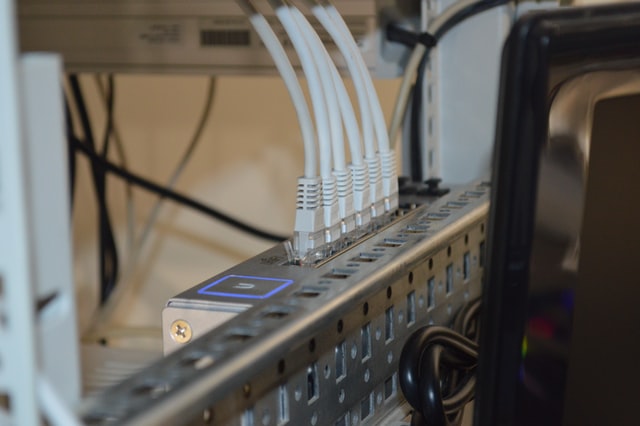By Chiimbiru Gimode, & Nancy Marangu,
Connectivity holds the promise of empowering citizens to leverage the transformative potential of ICTs to solve everyday challenges. In today’s increasingly connected world, access to efficient communications services, particularly the Internet, is a fundamental right.
Recently, at the World Telecommunication Development Conference in Kigali, Rwanda, it was observed that the global focus has now shifted from connectivity for its own sake to “meaningful connectivity’ underscoring the importance of not only availing the required services but ensuring they can derive quantifiable value from the services.
To begin with, the global digital economy and e-commerce are set to shape the world in profound ways, implying that through a multi-stakeholder approach, there is a need to ensure no one is left behind in this journey of connectivity.
Connectivity expands people’s access to information, knowledge, goods, services, and markets. It allows people to communicate instantaneously to diverse and hereto unknown audiences and communities within a global village while tapping into new and diversified markets. This necessitates countries to take deliberate measures to ensure that the cost of devices as tools of the trade is within the reach of the vast majority of the population. Similarly, there must be corresponding efforts to enlighten people on the opportunities available and equip them with the skills, including cyber hygiene, to translate the huge potential into meaningful value for their lives.
Secondly, within the governance space, connectivity provides platforms to raise concerns and communicate solutions that reduce social and political isolation among the citizenry. The 5C model (citizen, channel, concern, connection, and communication) links/interweaves governments and citizens through the provision of channels that citizens can leverage to hold public officials accountable. This enables transparency through mechanisms that enable public officials to communicate with their constituents and allow constituents to provide instantaneous feedback.
Lastly, connectivity facilitates participatory development through crowdsourcing and the growth of social and political movements with linear leadership structures that facilitate the decentralization of government and organizations.
In Kenya, tremendous efforts are being made by the ICT sector regulator, the Communications Authority of Kenya (CA), which is enhancing connectivity through the Universal Service Fund. For instance, statistics from the CA show that about 96.4 percent of Kenyans can access 3G/4G or basically, faster mobile Internet services.
While leveraging the promise of connectivity, we all have to remain alive that cyber security is a key global concern area and countries have to do more akin to what we do to educate our children about road safety. What is more, the inclusion of ICT-related content in our educational curriculum, is a good step but must be complemented with practical cyber hygiene skills that help students, and teachers to navigate the fluid online space.
The next frontier is how to ensure our people can meaningfully tap into this opportunity. The question of affordable devices and the skills gap is an active public discourse that requires concerted efforts across various stakeholders. Importantly, there is a need to take cognizance of the new world that is unfolding right before our eyes, with the 4th Industrial Revolution (4IR), which is complex and dynamic at the same time. This requires a multistakeholder approach, where all stakeholders look at connectivity from a 360 degrees standpoint.
By Chiimbiru Gimode, Communications for Development (C4D) Expert & Nancy Marangu, Communication and Public Policy Analyst.
![]()




